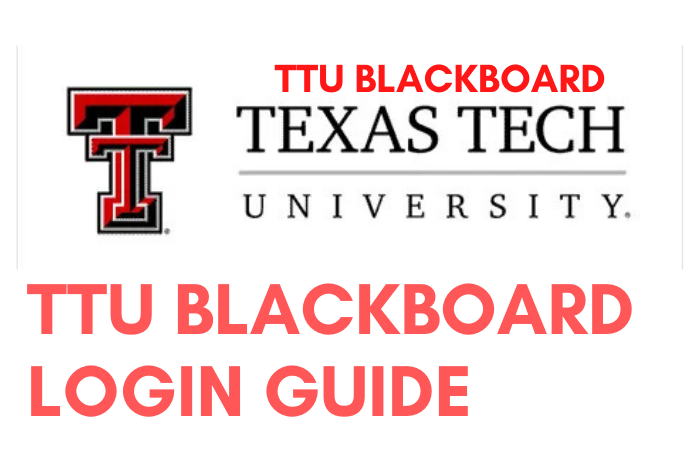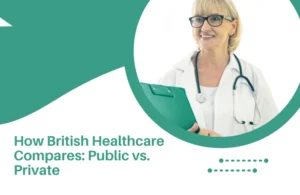
The nursing field is as diverse as it is essential, offering a range of career paths and opportunities for those passionate about healthcare. At the heart of navigating these options is understanding Nursing Pathways Programs. These programs are designed to provide a structured and clear route for individuals at different stages of their nursing career, from entry-level to advanced practice. This comprehensive guide delves into the various aspects of these programs, highlighting how they serve as a roadmap for nursing professionals.
Starting the Journey: Entry-Level Nursing
The journey typically begins with becoming a Licensed Practical Nurse (LPN) or a Licensed Vocational Nurse (LVN). These programs, often lasting about a year, are the stepping stones into the nursing profession. They offer foundational knowledge and practical skills for patient care. However, for many, this is just the beginning.
Advancing to Registered Nursing
The next step for many LPNs and LVNs is becoming a Registered Nurse (RN). This requires additional education, typically through an Associate Degree in Nursing (ADN) or a Bachelor of Science in Nursing (BSN). The BSN, in particular, is becoming increasingly important for those looking to delve deeper into the nursing field, as it opens doors to more specialized roles and higher salary brackets.
Specialization and Advanced Practice
Further education is key for nurses seeking to specialize or move into advanced practice roles. This can include pursuing a Master of Science in Nursing (MSN) or a Doctor of Nursing Practice (DNP). These advanced programs offer education in specialized fields like nurse practitioner, nurse anesthetist, or nurse midwife. They also focus on leadership, research, and advanced clinical skills necessary for top-tier positions in healthcare.
The Role of Online Education
In today’s digital age, online education has become a pivotal aspect of nursing education. For example, a Professional Nursing Pathways Program Online offers flexibility and accessibility, catering to working nurses who seek to advance their education without putting their careers on hold. These online programs provide a blend of theoretical knowledge and practical skills, ensuring nurses are well-prepared for the evolving demands of the healthcare sector.
Continuing Education and Lifelong Learning
Nursing pathways do not end with a degree. The healthcare field is constantly evolving, and continuing education is a critical component for nurses to stay current. This could mean additional certifications, workshops, or courses that keep nurses updated on the latest practices, technologies, and regulations in healthcare.
Conclusion
Nursing Pathways Programs offer a structured approach to career development in nursing. They recognize that nursing careers are not linear and provide flexible options for education and advancement. Whether through traditional on-campus programs or innovative online platforms, these programs are tailored to meet the needs of aspiring and practicing nurses at every stage of their career.
In essence, a Nursing Pathways Program is more than just a series of educational steps; it’s a journey of growth, learning, and professional development that shapes the future of healthcare, one nurse at a time.













